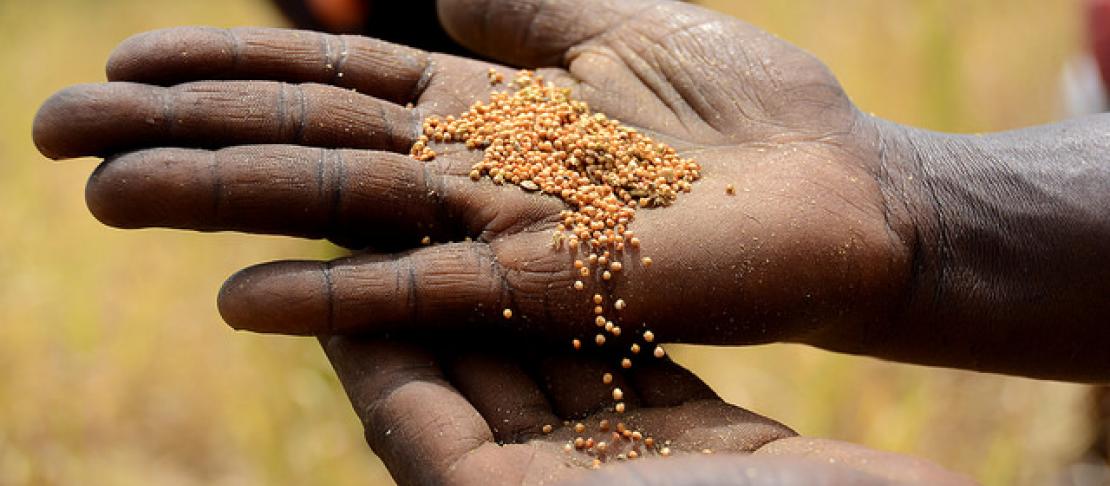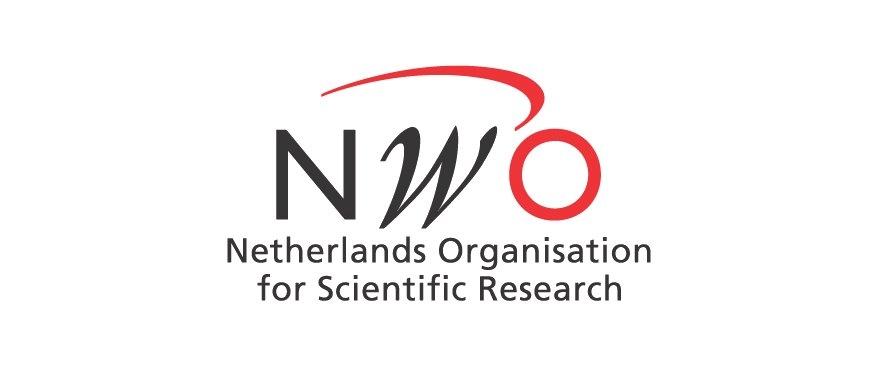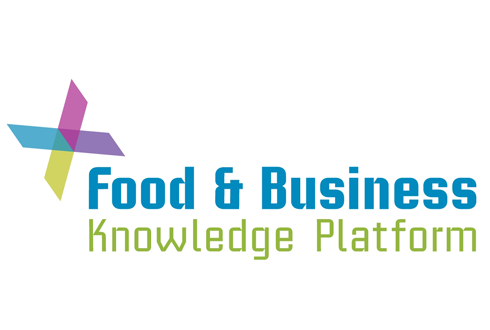Scaling climate-smart nutrient management tools in Africa | Global Challenges Programme project

Project description
This project “Understanding and improving scaling readiness of climate-smart, nutrient management decision support tools (DST) in different institutional environments: Ethiopia & Tanzania” addresses the challenge of scaling climate-smart nutrient management among African smallholder farmers by addressing the institutional factors and conditions relating to CSA knowledge service delivery (the CCAFS overall research question).
It aims to understand and improve the ‘scaling readiness’ of climate-smart, nutrient management decision support tools (DST) in different institutional environments: Ethiopia and Tanzania. ‘Scaling readiness’ is seen as the product of: (a) the fit between the DSTs (and its constituent climate-smart nutrient management advice) and their envisaged users who operate at different scales, and; (b) the necessary (institutional) conditions which enable scaling by these different actors (i.e. extension, NGOs, agro-dealers). By working directly with different users operating at different scales, we examine the user logics that can inform the design of better decision support tools and the enabling (institutional) environments, which together shape the effective scaling of climate-smart nutrient management advice.
Activities
- Documentation of interdependent technical practices and social and institutional requirements in Technology Extrapolation Domains (TEDs) through key-informant interviews and focus group discussions with researchers, extension workers and farming communities
- Identification of different nutrient management user profiles through key-informant interviews and focus group discussions with relevant stakeholders (i.e. knowledge/input service providers)
- In-depth interviewing with farmers representing different user profiles, to understand the nutrient management ‘user logics’ of different categories of farmers
- Participatory mapping of different institutional landscapes and their enabling or disabling features across different categories of farmers and/or spatial environments
- Refining models and prototyping of redesigned user interfaces of the nutrient management DSTs in stakeholder workshops, in order evaluate their suitability for diverse and gendered user logics of different farmer types
- Co-development (with societal partners) and piloting of alternative institutional arrangements or business models within selected (and refined) TEDs
- Translation of project results and climate smart nutrient management DST’s into key-messages of relevance to collaborating partners, societal stakeholders and farmers through popular media, policy briefs, project websites, and improved mobile phone applications
- Monitoring of DST uptake and ex-ante impact evaluation of GHG emission reductions resulting from DST-generated advice versus existing nutrient advice (regional/national recommendations)
Expected outcomes
- More area or site specific nutrient advice delivery has resulted in new blends of fertilizers, greater availability, climate smart and economic use of these resources by more smallholder farmers
- Increased productivity, food availability and farm income: higher maize productivity, stable or higher NUE, lower GHG emissions per unit yield (enhanced impacts of P250 and TAMASA)
- Transformed national knowledge provision infrastructures, capable of generating and delivering more differentiated nutrient mgt. advice to different (gendered) types of smallholder farmers.
Gender and youth
There is a wide consensus that existing gender gaps in agricultural productivity are underpinned by differences in access to high quality land, inputs and management. Female headed-households and spouses within (male-headed) households often make distinct agricultural choices, implying a unitary household model is insufficient, also in the analysis of nutrient management behaviour. Hence, this research into scaling readiness of nutrient management DSTs builds on gender-inclusive data collection of user profiles, farmer logics and institutional environments.
While women have often been ignored in agricultural development initiatives (including knowledge service delivery) in SSA, recent research also suggests that the ‘negative externalities of imbalanced inorganic N use impact more strongly on women and children.’ Therefore, the social and environmental returns to targeting women farmers with climate smart nutrient management packages are likely to be high; such investments improve rural food security and child health, and contribute to low emission development. Although improved gender and social equity outcomes will ultimately depend on structural changes in gender norms, the development of gender-specific advice protocols, application user interfaces, and extension messages may help to narrow gendered productivity gaps in African smallholder agriculture.
Partners
More information
For more information, please contact the project leaders:
- Cees Leeuwis, WUR, at cees.leeuwis@wur.nl
- Martin van Ittersum, WUR - Plant Sciences, at martin.vanittersum@wur.nl
Funding for this project is provided by:


